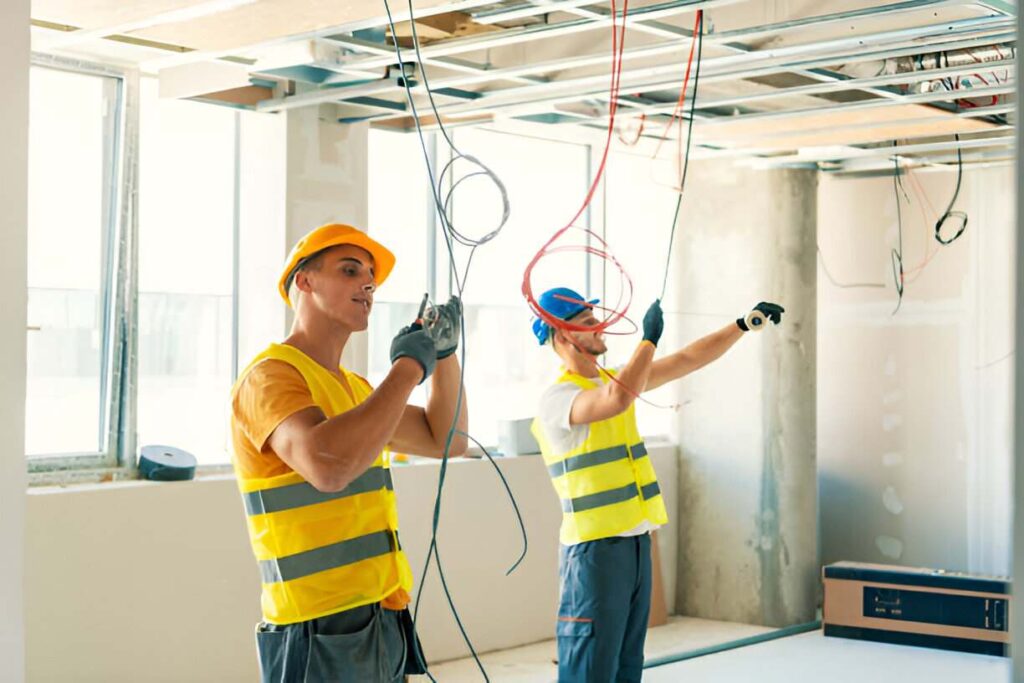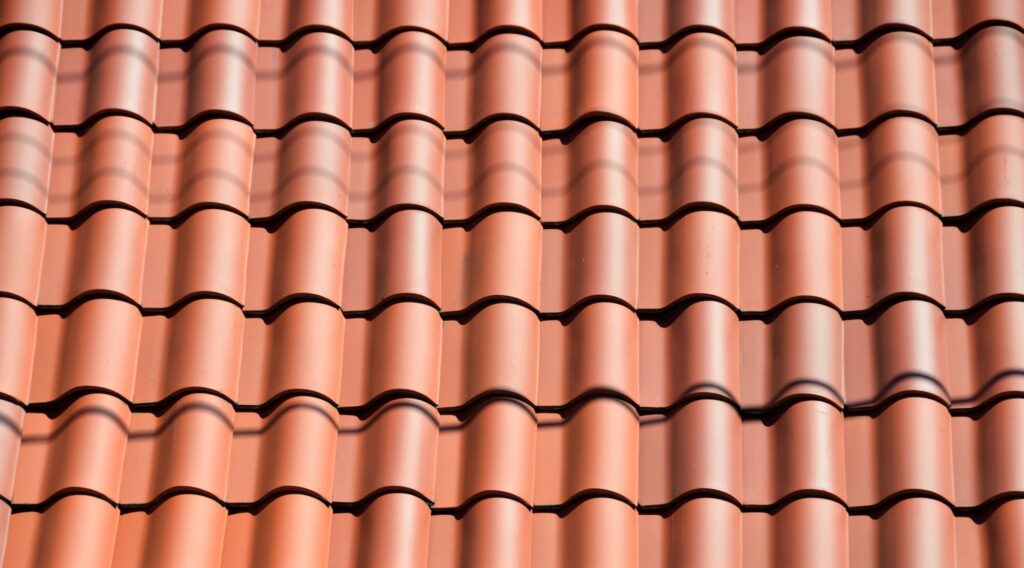When most people think about living healthier, their minds jump straight to food or fitness. But here’s something that often gets overlooked — the health of your environment. And one of the biggest contributors to that? Regular waste removal.
We’re not just talking about taking out the kitchen bin. We’re talking about the bigger stuff — the old furniture in the shed, the bags of junk in the loft, the broken appliances sitting out of sight but never truly out of mind. It builds up quietly. A little here, a bit there. Until one day, it’s not just clutter. It’s a health risk.
What’s Really Hiding in That Build-up?
You might think rubbish is just inconvenient. Annoying to look at, maybe. But harmless? Not quite. Waste that’s left sitting, whether it’s inside your home, in the garage, or piling up in the garden, creates a perfect storm for problems you might not see straight away. This is why regular waste removal East London is important for everyone. Without it, you can expect the following issues.
- Dust and allergens gather fast. Old fabric, paper, boxes, and even electronics attract dust, which can trigger breathing issues, especially for children or anyone with allergies or asthma.
- Mould thrives in damp, dark spaces. That corner of the shed where bags of rubbish have been sitting untouched? It could be feeding mould spores that spread through the air and into your lungs.
- Rodents and insects love a good hideaway. Piles of waste give them shelter and food. Once they’re in, getting rid of them can be a long, expensive process.
- Injury risks increase. Obstructed walkways, unstable piles of rubbish, sharp or broken items — they all raise the chances of someone tripping or getting hurt.
It’s easy to overlook because it creeps in gradually. You stop noticing how much has built up. But your body notices, and so does your mind.
Clean Space, Clearer Mind
There’s a reason you feel better after a tidy-up. Our brains respond to clutter. Even if you’re not consciously thinking about it, visual mess adds stress. It increases anxiety and reduces focus. Some studies even link it to disrupted sleep and lower productivity.
Now think about that on a larger scale. When a whole room or even a section of your home is filled with waste, unused stuff, or materials you’ve been “meaning to get rid of,” it weighs on you, even if it’s subtle.
Clearing that space out brings more than just extra room. It brings calm, control, and a sense of order that’s hard to get when everything feels chaotic.
So Why Do We Put It Off?
Let’s be honest, shifting big waste isn’t fun. It’s bulky. It’s messy. And you’re never quite sure where everything’s supposed to go.
That’s why proper waste removal services exist. They don’t just make it easier; they do it right. That means safe handling, proper disposal, and making sure what can be recycled, is. It also means you don’t have to lift a finger, which is a big deal if you’ve been sitting on a growing pile of “I’ll deal with that later” junk for months.
Plus, it avoids the all-too-common problem of stuffing everything into the wrong bin or dumping it where it doesn’t belong. Improper disposal isn’t just a local nuisance; it can lead to fines, legal trouble, and environmental harm.
What Counts as “Waste” Worth Removing?
More than you probably think. Here’s a look at the types of waste that often need proper removal services:
- Old furniture – Broken chairs, worn-out sofas, bulky wardrobes
- Appliances – Fridges, washing machines, microwaves, any white goods
- Renovation debris – Wood, tiles, plasterboard, fixtures from DIY jobs
- Garden waste – Tree cuttings, soil, broken fencing, old decking
- General household junk – Mattresses, cardboard, carpets, boxes from years ago
It’s not just for massive house clear-outs either. Even a small garage or one overflowing spare room can make a noticeable difference when cleared properly.
How Often Should You Be Clearing Out?
There’s no one-size-fits-all answer, but as a general guide:
- Once or twice a year – A full-home check. Look for forgotten corners, unused storage spaces, or anywhere you tend to stash things “for now”
- After any big project – Renovations, moves, garden overhauls — they always leave debris behind
- When pests start appearing – If you’ve seen signs of mice, insects, or unusual smells, that’s your cue
- Before selling or renting – Clear space sells. It also protects the next people moving in
- When the clutter starts feeling emotional – If your home feels heavy or overwhelming, a proper clear-out can shift that energy fast
There’s a reason professional organisers and health experts often link decluttering to mental wellbeing. It’s not just about cleaning. It’s about lifting a weight that, for many, has been dragging them down without realising it.
A Small Change That Pays Off Big
It’s easy to ignore a bit of rubbish. A few old boxes. That heap of things you’re “going to deal with.” But when it builds up, the impact is more than just visual; it becomes physical, emotional, and even financial, if it leads to pest problems, property damage, or accidents.
Bringing in proper waste removal might seem like a hassle at first. But the relief afterwards? That fresh, open space? That’s the part no one talks about enough. Clean, clear surroundings don’t just look better; they support better health, deeper rest, and a calmer mind. And the best part? You don’t have to do it all yourself.





Leave a Reply
You must be logged in to post a comment.